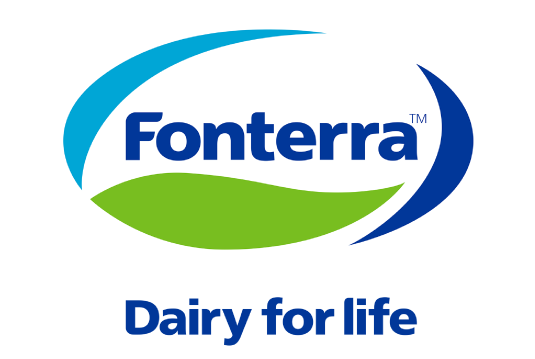The two aspects you can’t compromise on if you want to meet consumer needs
New Zealand produces enough food for 50 million people. Pretty impressive for a country of 4.7 million. But with 9 billion mouths to feed by 2050, the world needs to produce more nutrition – 30% more.
At the same time, consumer preferences are evolving, with the rise of flexitarians and keto to name but a few. Mark Piper, Director Group Research & Development, shares how we’re going about this.
So, how does New Zealand play its vital part in helping feed the world and meeting consumers’ needs, when we, like many other food producing nations, are facing some social and environmental challenges?
The answer is sustainable nutrition - producing some of the high value, sustainable products that the world needs.
Let me share how Fonterra is approaching this, because it’s these two aspects that I believe you can’t compromise on.
1. Produce innovative nutrition
For generations, New Zealand has created great tasting, healthy food, helping improve the lives of millions of people around the world.
Just like us, many global consumers believe in the power of a variety of nutritious foods, with the likes of vegetables, fruit, dairy and meat helping us live healthier lives.
As we move forward, it’s no longer a ‘one size fits all’ world. Consumers needs are varied, and as diets evolve it’s up to us to meet your needs and provide you with choices.
We need to:
- Apply our ingenuity in new, innovative ways. Solving problems with confidence is what we do. By collaborating and fostering partnerships, we can harness our creativity and knowledge to produce new nutritional products which extend the reach of our food.
- Embrace the unknown. New technologies provide limitless opportunities, including new approaches to food production. Whether to extract and improve natural dairy, create more nutritious choices, or harness algae, cellular or fermentation-produced nutrition, we need to explore and apply new technologies.
- Maximise our strengths. Our country has been built on agricultural production, innovation and exports. We know farming, dairy, proteins and manufacturing – and we know how to get our food safely to the world. We need to maximise this to help us build even stronger, healthier and more prosperous communities.
2. Tread lightly with our footprint
Our food production system is facing a transformational challenge. There’s a gap between what’s needed and what can be produced using existing methods.
Our New Zealand farmers lead the world in many aspects of sustainability – with high productivity and year-round pasture grazing. As we go forward, we know we need to produce more with less.
Dairy is one of the best forms of human nutrition – providing some of the best quality protein and overall density of vital nutrients. We want it to continue to be valued for this natural, trusted goodness.
To do this, we must be as sustainable as possible.
We need to:
- Retain and harness our uniqueness. Our grass-fed model is highly sought after by global consumers. It’s not without its challenges – the biological emissions of our cows need to continue to reduce, while maximising the value of our Kiwi way of farming.
- Keep raising the bar. Our entire supply chain must meet high, global standards. Well cared for animals are more productive, have better quality milk and reduced emissions. Every day we need to be focused on finding efficiencies, and improving practices and productivity to extend the reach of our food.
- Work together and invest in breakthrough technologies. Over the past 10 years, significant progress has been made, however there’s more to be done. We need to continue to work together, investing in science and innovation so we can regenerate our farms, waterways and country.
Meeting consumers’ needs through sustainable farming, sustainable food production and sustainable nutrition is the future. New Zealand has a pivotal and credible role to play in helping feed the world, delivering long-term value to everyone. We’re excited at the opportunity our nation has.
Sustainability Report
The report was prepared using the internationally recognised Global Reporting Initiative (GRI) Standards and has been independently assured.

